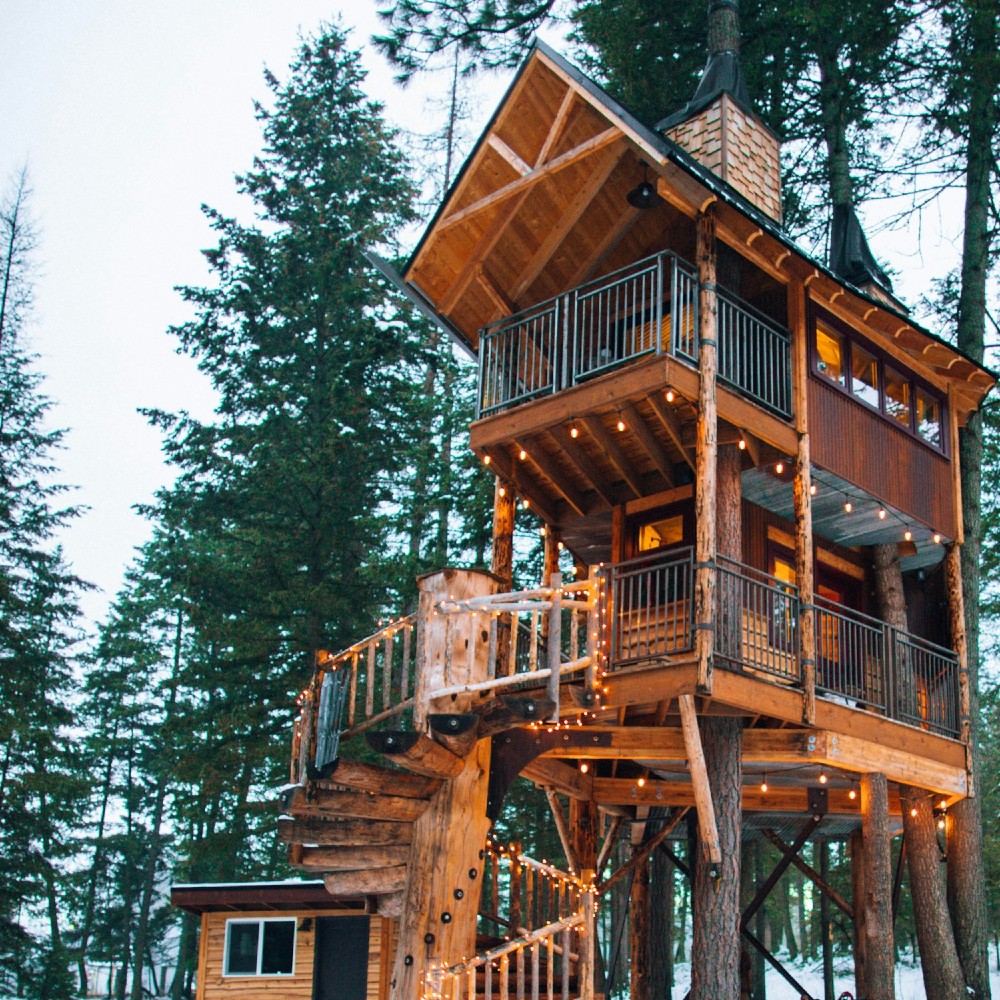Published:
In recent years, Airbnb has emerged as a challenge to traditional hotels. It offers travelers unique and personalized accommodations in homes, apartments, and treehouses. This platform has transformed how people think about lodging. Its innovative business model, impact on pricing, and guest experiences challenge the dominance of hotel chains and ignite the question of the hotel industry's future.
Established in 2008, Airbnb has expanded among disruptive platforms that have revolutionized various industries. This online marketplace allows individuals to list and book short and long-term lodging accommodations across the globe. Much like Uber, Craigslist, and Spotify, Airbnb has secured its place as a force in the world of innovative platforms. Spanning across 191 countries, Airbnb has an impressive total of 4 million listings. Impressively, this number eclipses the collective listings of the five leading hotel brands.
In a study by HVS Consulting & Valuation commissioned by the Hotel Association, the financial impact of Airbnb on the hotel industry, specifically in New York City, was analyzed. The report highlights that approximately $450 million annually is lost in hotel direct revenue. Airbnb’s rapid growth had projections that from 2016 to 2018, rooms reached 5 million room nights per year. This has led to declining traditional hotel bookings and job losses within the hospitality sector. Beyond revenue, hotels are also experiencing a drop in ancillary income, such as food and beverage sales, due to guests choosing Airbnb accommodations.
The presence of Airbnb is also challenging hotel loyalty programs, leading to a 2-3% decrease in hotel revenue for every 10% increase in Airbnb market share. Regulatory disparities between Airbnb and hotels further complicate the situation, with significant tax revenue losses reported in certain cities with various taxes and lodging regulations. The rivalry between Airbnb and the traditional hotel industry highlights the need for adaptation and strategic planning in response to consumer preferences.
Despite its negative impact on the hotel industry, Airbnb has a positive and significant effect on the economy. In 2018, Airbnb’s host and guest network generated over $100 billion in estimated direct economic impact across 30 countries. AirBnb’s unique model means the money generated benefits the communities where hosts reside. Airbnb hosts have earned over $65 billion since the company’s inception in 2018. Located away from tourist hubs, small businesses benefit from Airbnb guests’ spending. The platform’s influence allows more travel to lesser-known destinations, significantly increasing guest arrivals globally. A survey of Airbnb’s global host and guest community reveals interesting trends, such as hosts often recommend dining and cultural activities to guests. This allows guest to continually allocate a portion of their expenses to local businesses, indicating a desire for authentic experiences.
While Airbnb challenges the traditional hotel industry, its economic impact should be noticed! Despite causing revenue losses and job displacement in the hotel hospitality industry, Airbnb’s model has resulted in substantial financial benefits for communities worldwide. The platform’s influence extends to increasing guest visits to lesser-known destinations, stimulating economic growth.
File under






